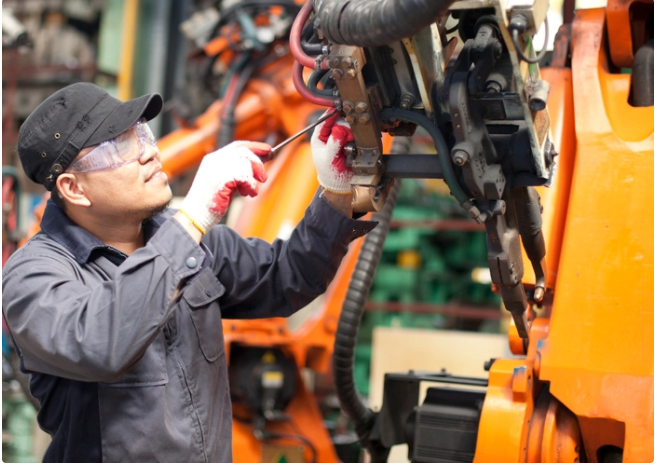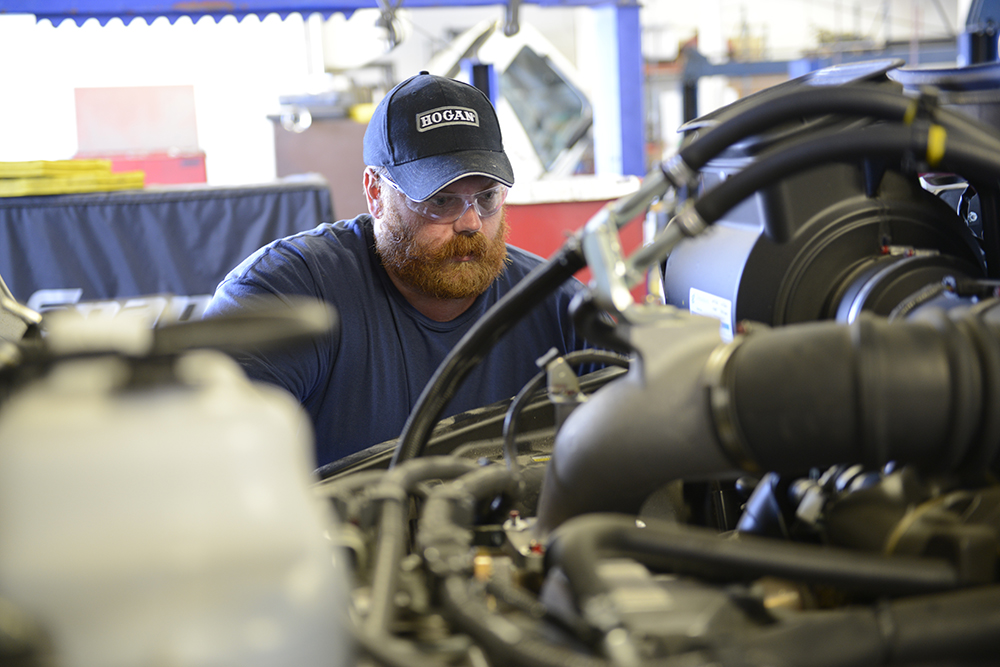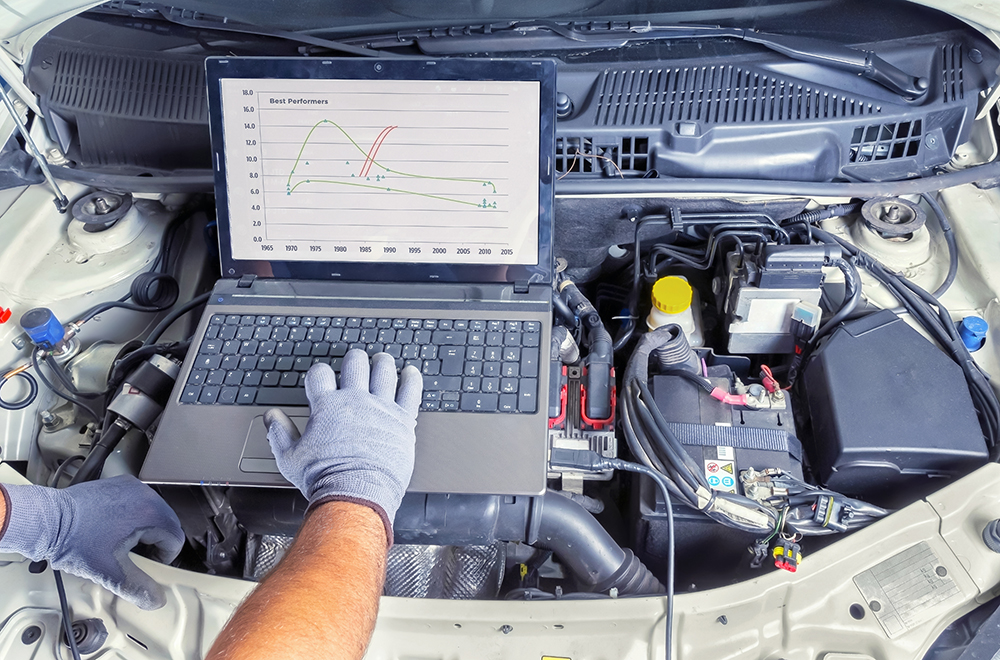The technician shortage is still a major problem. How the future of electric trucks will either mitigate or complicate this issue is something fleets need to think about.
Back in August, I wrote an IdeaXchange blog that discussed how companies should work on recruiting technicians in today’s labor market. That blog covered a wide range of steps and strategies, including reviewing compensation packages, providing ongoing training, using social media to recruit, setting up referral bonuses, and more.
Finding technicians is more important than ever, according to Kari Beeson, VP of Risk Management and Recruitment at Transervice Leasing, a NationaLease Member. When Kari spoke at one of our NationaLease meetings, she noted that diesel technicians are one of the most in-demand job posting on the job site, Indeed. Consider the situation at the nation’s ports, with ships carrying literally thousands of containers sitting in the ocean, waiting to dock and be unloaded. Once that happens, all of that product will need to be delivered, likely increasing the need for freight deliveries and the necessity to keep all of a fleet’s trucks road-ready.
Will EVs increase the appeal for technician recruitment?
One of the issues I didn’t discuss in my blog, but something that keeps growing in the news, is the obvious emphasis on electric trucks. It may have started out as more hype than happening, but EVs are quickly becoming a fact of life. Every major manufacturer of both cars and trucks (consumer and commercial) is producing or working on electric battery-powered models. This new technology will require new training that will be quite different from the traditional internal combustion engine.
Just one week ago, FleetOwner posted an article on how fleets should be using this new and fascinating technology to recruit new talent. As the article notes, “Issues like environmental justice, improved air quality, diversity and inclusion resonate with the younger generations – the very groups that we will be trying to recruit into various positions across our industry.”
This statement fits right in with what recruiters have discovered about what attracts Millennials and Gen Z talent to different jobs and industries. Electric vehicles are the very definition of what that future will look like and that focus on progress is very appealing to younger workers. The article sites a video from Run on Less – Electric in which industry executives talk about speaking on college campuses to talk to students about the future of trucking. This is a group that fleet executives usually don’t look to for technician recruitment, thus opening up a whole new group of potential candidates.
What obstacles and opportunities will EVs present?
Like any new technology, there are advantages and challenges that users must face. In July, CCJ published an interesting article discussing how electric trucks will change the maintenance landscape for fleets. Electric trucks will likely need less maintenance than traditional trucks since EVs have fewer parts. That means less money spent on tools, equipment, and parts. But it’s not just a matter of elimination. There will be new tools and equipment needed to support this new technology. Although there many be less investment in specialized engine, transmission, or driveline tools, there will need to be investment in advanced technology and support tools. And less maintenance hours, along with less money spent on tools, should result in lower operational costs.
Yet, a truck is still a truck, and regular maintenance will continue to be needed on brakes, HVAC, suspension, and other systems. Tires will still need to be tested and technicians will still be responsible for handling all of it. Plus, since total conversion to electric trucks is not likely for the foreseeable future, some experts think there may be a need for two teams in maintenance shops; one to handle specific EV issues and another to handle regular maintenance, along with maintenance and repairs on traditional trucks engines.
Electric trucks will rely on technicians who understand how to optimize battery charging; who know how to respond quickly and effectively to ongoing upgrades; and who know how to troubleshoot unforeseen issues that tend to pop up with any new technology. Some fleets may decide that two teams may be too much and look to outsource maintenance to a third party. What is clear is that if you are not thinking how your fleet will respond to this new technology, especially when it comes to maintenance, you are doing your company a disservice.
Check out my blog on tech recruitment.





